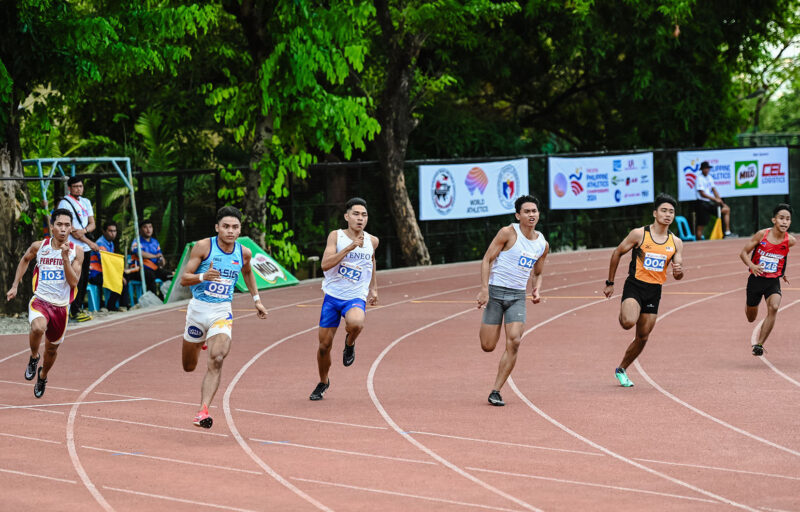SANGGUNIAN KABATAAN (SK) administrations have continuously served their communities through projects ranging from waste management to pandemic relief assistance. Some SKs have also used their platforms to make a stand on policies that they deem threatening to their constituents’ rights.
With further policy support such as the recently signed Sangguniang Kabataan (SK) Governance Reforms and Compensation Law, the Filipino youth can expect advancement in the pursuit of youth empowerment. However, this potential cannot be appreciated without a full understanding of barangay SKs’ mandate and powers.
Strength and duty
The Local Government Code of 1991 or Republic Act 7160 instituted the SK after the Kabataang Barangay’s dissolution. The decree mandates that SKs implement projects promoting their constituent youth’s social, political, economic, cultural, and spiritual growth and spearhead the achievement of barangay resolutions relating to youth development. The improvement brought about by these initiatives is reflected in annual and end-of-term documentation of program accomplishments and the state of finances.
To assume the SK’s mandate, eight candidates aged 18-24 are elected from the Katipunan ng Kabataan (KK) demographic into SK positions that include the chairperson, secretary, and treasurer. The KK is composed of all registered citizens from the barangay aged 15-30, and it is the constituency with whom the SK must consult for its activities. Thus, all SK initiatives must be in collaboration with the KK, the barangay council, and the Local Youth Development Council—the agency which oversees youth and youth-serving organizations at the provincial, city, and municipal levels.
The collaborative functions of SKs are supported by the Mandana-Garcia Supreme Court ruling, whose primary outcome is an increase of national tax allotment for SKs and their LGUs. According to the ruling, the annual budget of LGUs would no longer be derived from national internal revenue taxes or taxes collected by the Bureau of Internal Revenue (BIR) alone. Instead, LGUs—including their SKs—will source their funds from all national taxes, including those collected by the BIR, the Bureau of Customs, and other collecting agencies.
In addition to granting SKs power, legislation has also been passed to ensure the legitimacy of this institution. As of 2016, SKs have been governed by the Sangguniang Kabataan Reform Act of 2015.
This law particularly includes an anti-political dynasty clause detailing the grounds for suspension and removal from office of non-compliant SK officials. In principle, SK officials cannot have close relatives or a second civil degree of consanguinity with any incumbent national or municipal authority. Notably, however, the law does not penalize elected relatives of SK officials.
Under the same law, SKs are further empowered to exercise the functions delegated to them through mandatory, continual training programs that emphasize the role of youth in nation-building and instill values of patriotism and nationalism.
The way forward
In line with the policies that empower and govern youth leaders, the National Youth Commission—the government agency for youth representation at the national level— authored the Philippine Youth Development Plan (PYDP) to unify the Philippines’ youth-led and youth-focused actors under one vision for their sector. Private and public stakeholders alike are meant to benefit from the PYDP’s direction, although the SK is mentioned as a necessary force in achieving some of the PYDP’s objectives.
Based on the 2017 PYDP, the vision for 2022 is for the youth to regularly and effectively participate in promoting their welfare in the national Social Development Agenda’s centers of development. These centers are health, education, economic empowerment, social inclusion and equity, peace-building and security, governance, active citizenship, the environment, and global mobility.
Among these target areas of development, the SK is vital to the PYDP’s pledge to encourage youth involvement in governance. Providing opportunities for the youth to engage and act with SKs is a key objective of the PYDP’s vision for youth in governance. Beyond this initiative, SKs also play a role in the PYDP’s vision of youth-led development in environmental protection and peace-building.
In addition to what is mandated by the PYPD, SKs have stepped up to meet their communities’ needs over the COVID-19 pandemic. For example, the SK of Barangay Miranda from the City of Samal opened hotlines to connect locals with the latest news regarding quarantine restrictions or case tabulation. Other SKs have aided political accountability agencies’ validation of the Social Amelioration Program.
These instances sample the ways in which SKs around the country have carried out their mandate to enjoin the youth in public service. With the support of policies that empower LGUs and their youth leaders, SKs remain a primary site for youth leadership. However, SKs are only as powerful as their barangays’ KKs—that is, its constituents whose political participation is critical to its empowerment.




